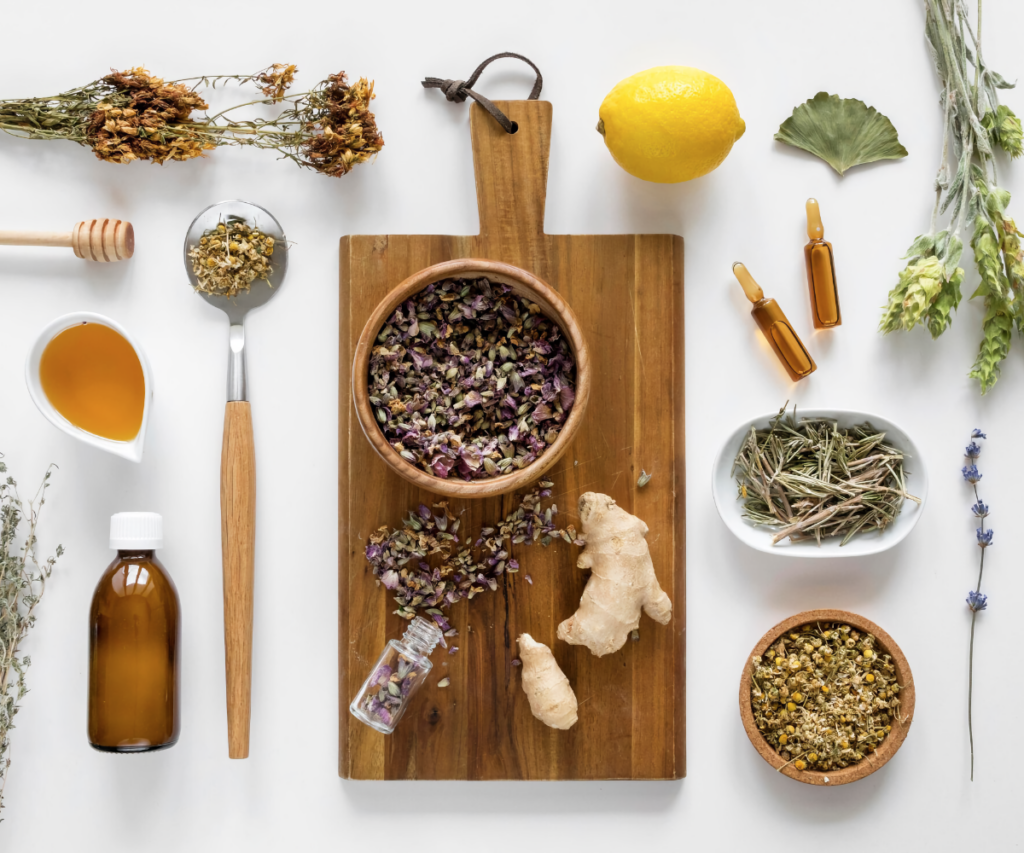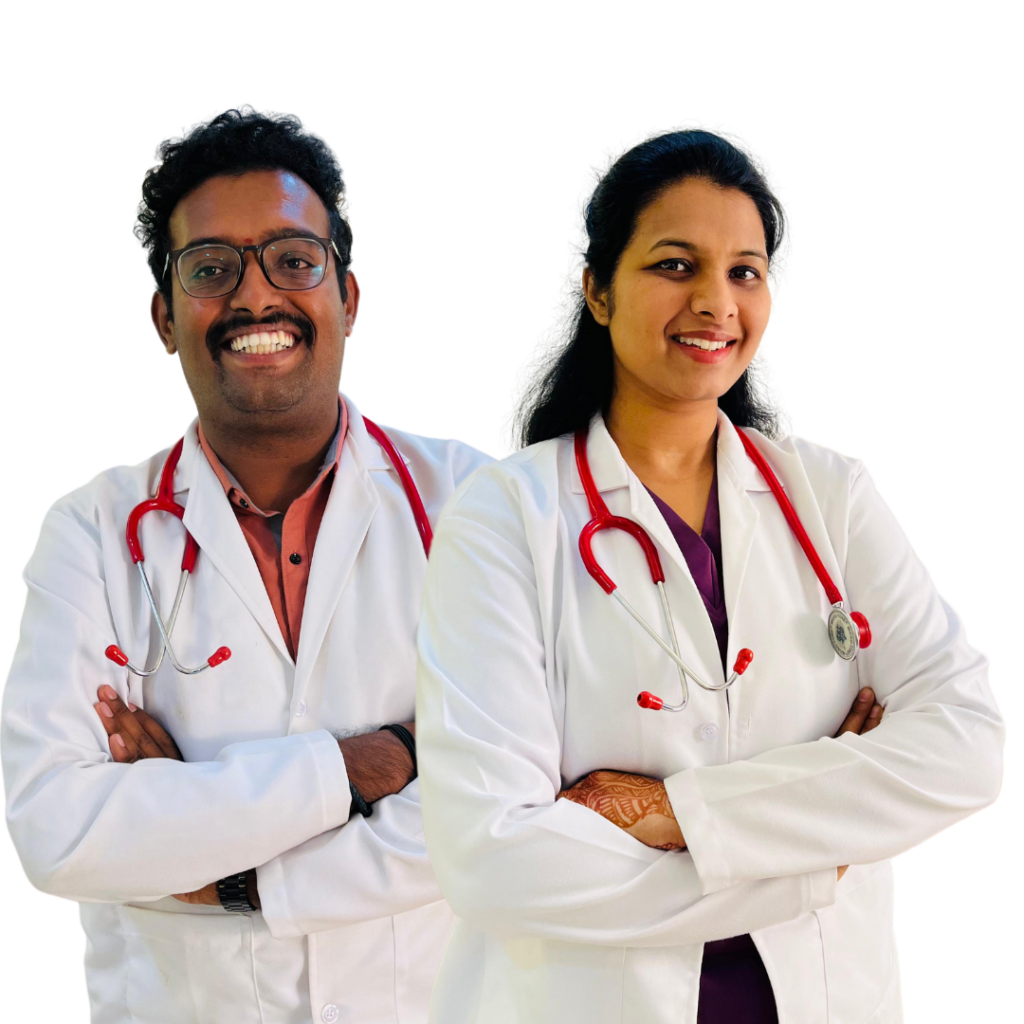Blood Pressure is the force exerted by the blood against the walls of the arteries as the heart pumps it around the body. It’s a vital aspect of cardiovascular health. High blood pressure, or hypertension, is prevalent globally and can significantly impact well-being if left unmanaged.
Blood pressure is the pressure of circulating blood against the walls of blood vessels.
Blood pressure around 110/60 mmHg to 130/80 mmHg is usually considered normal.
Prevalence :
High blood pressure affects a substantial portion of the adult population worldwide. It’s a major risk factor for heart disease, stroke, and other serious health conditions.
People with blood pressure 90/60 mmHg or below: Hypotensive (Low BP). Which can cause fainting or dizziness because the brain doesn’t receive enough blood.
Hypertension (High BP): is defined as blood pressure above 140/90 mmHg usually. High blood pressure often has no symptoms. Over time, if untreated, it can cause health conditions, such as heart disease and stroke.
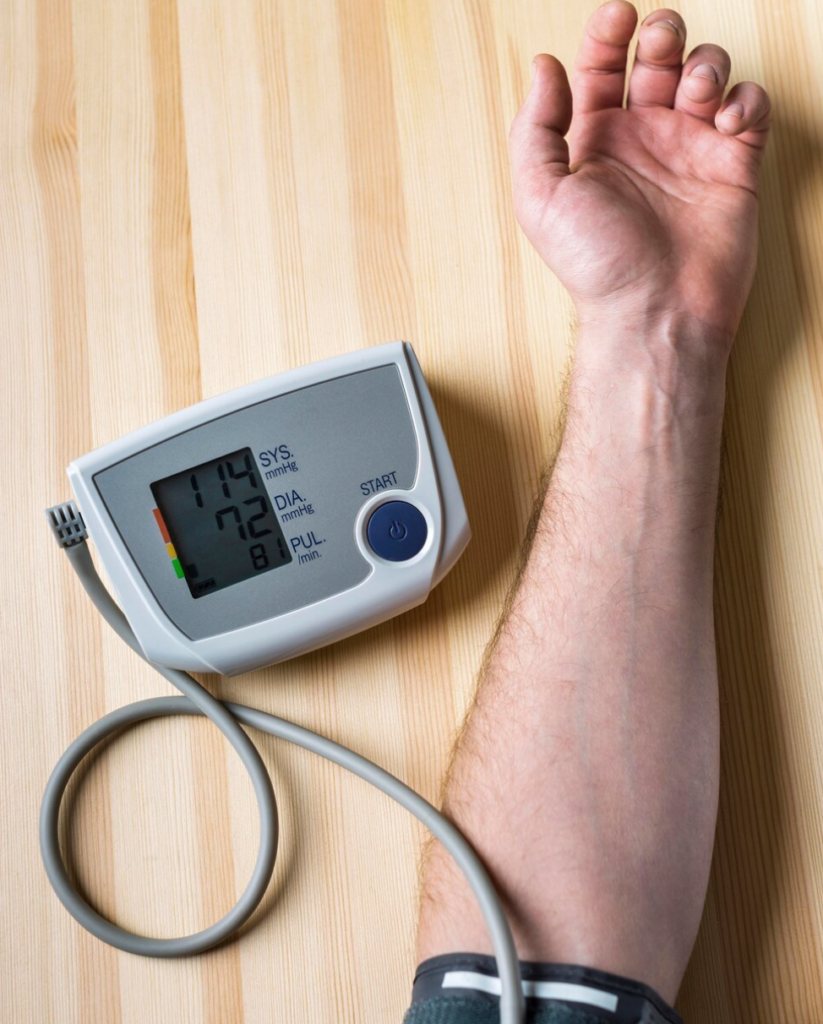
Common Symptoms
Hypertension:
No timely checkups:
Shirodhara:
Nasya:
Abhyanga (Oil Massage):
Testimonial
BP Range Chart
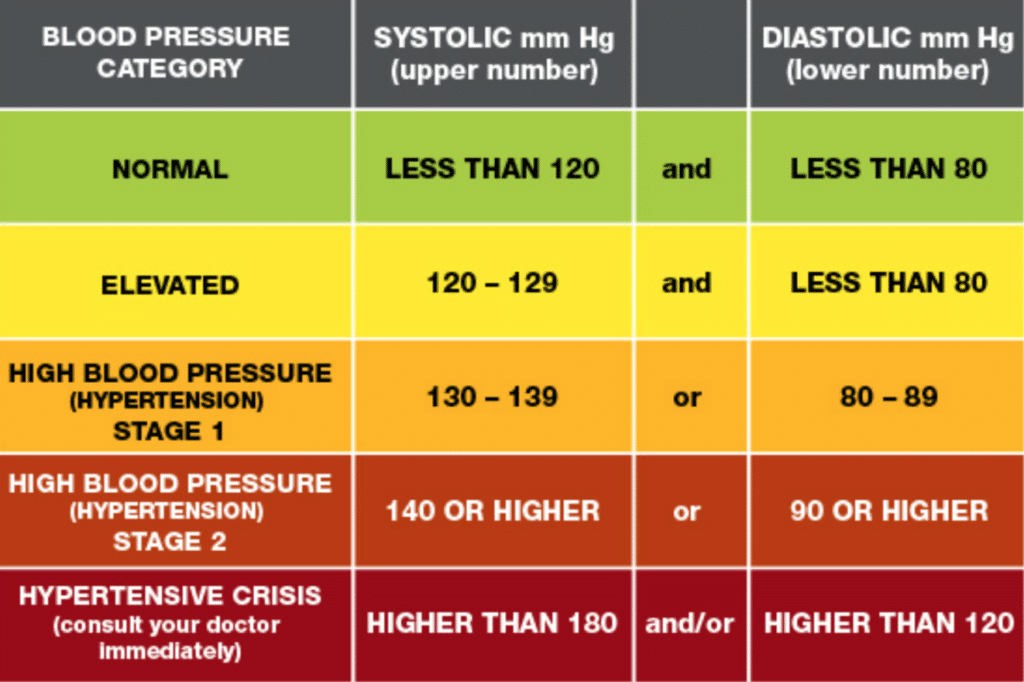
Causes and Risk Factors
Unhealthy Lifestyle Choices:
Genetics:
Chronic Conditions:
Treatment Options:
Lifestyle Changes:
Medications:

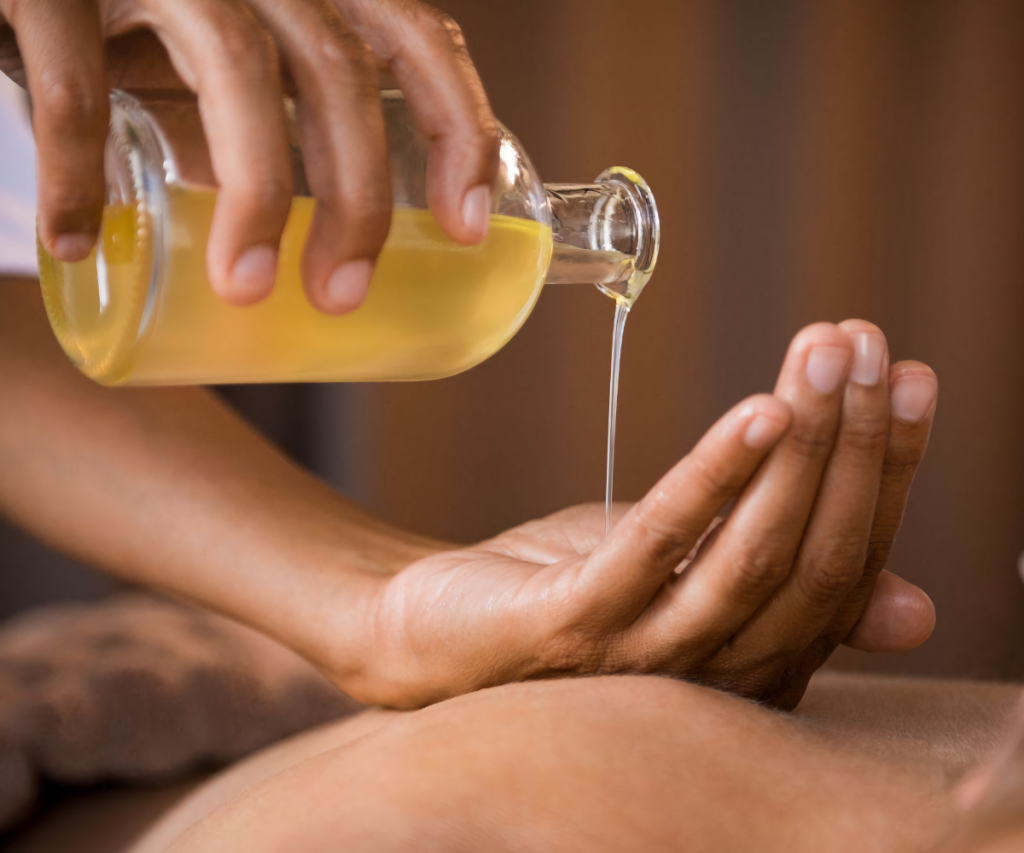
Abhyanga (Oil Massage)
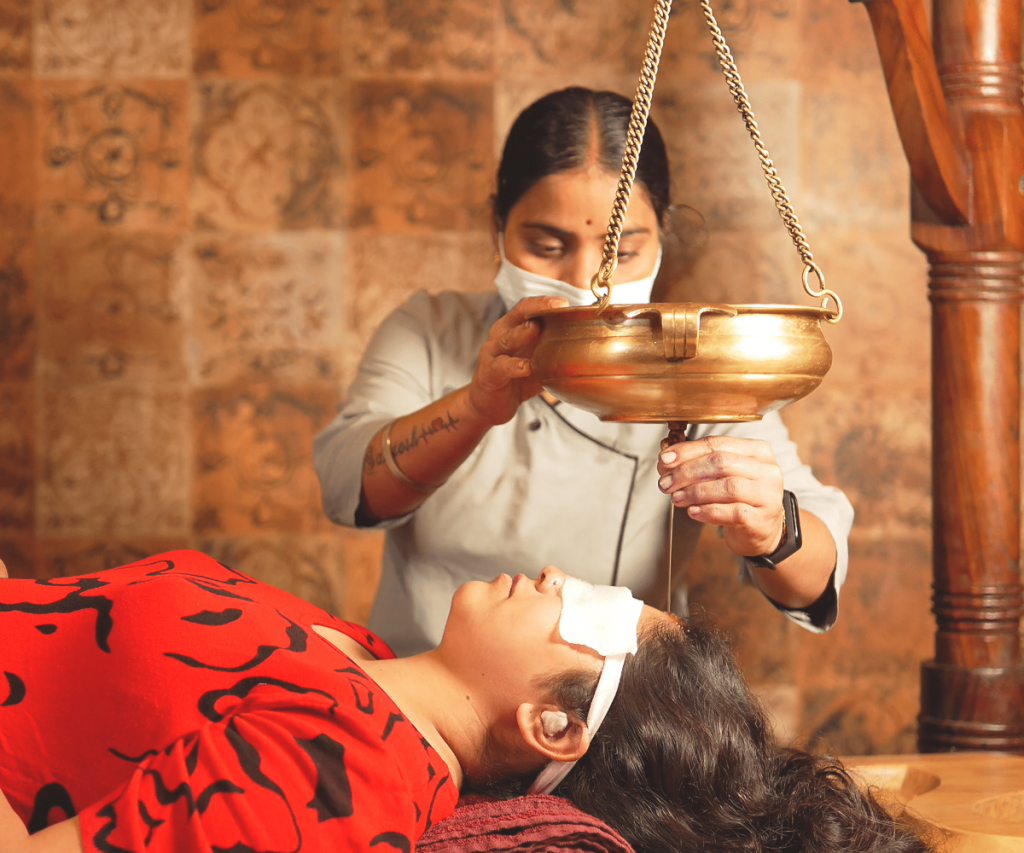
Shirodhara
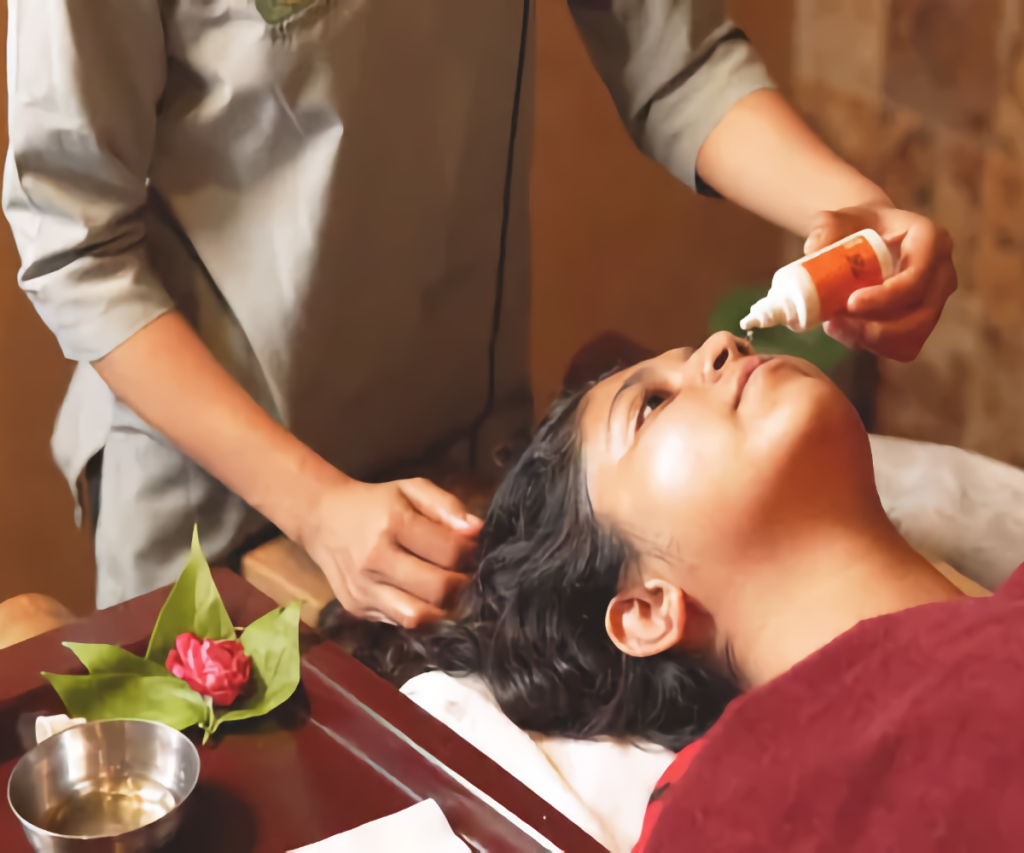
Nasya
